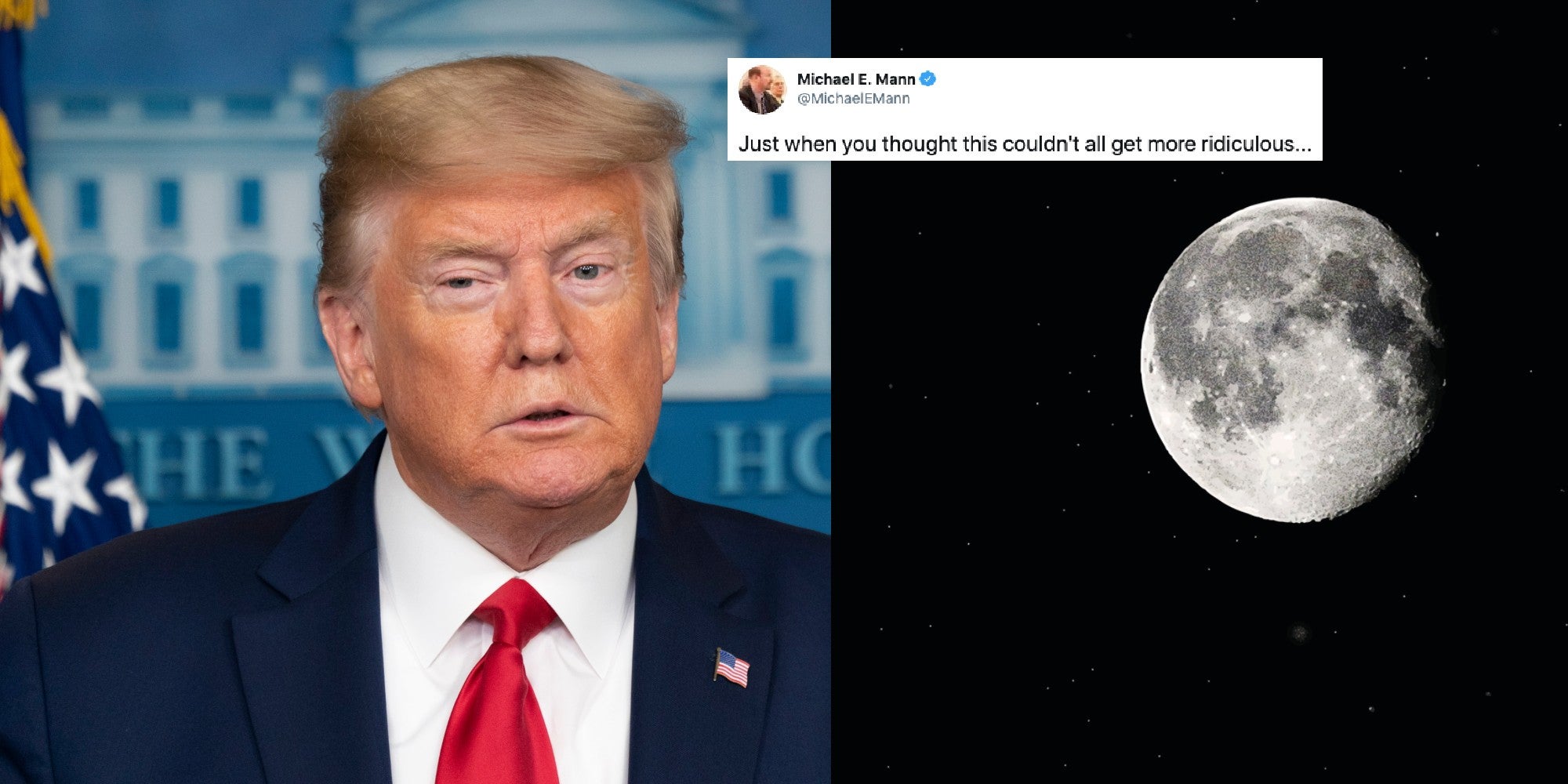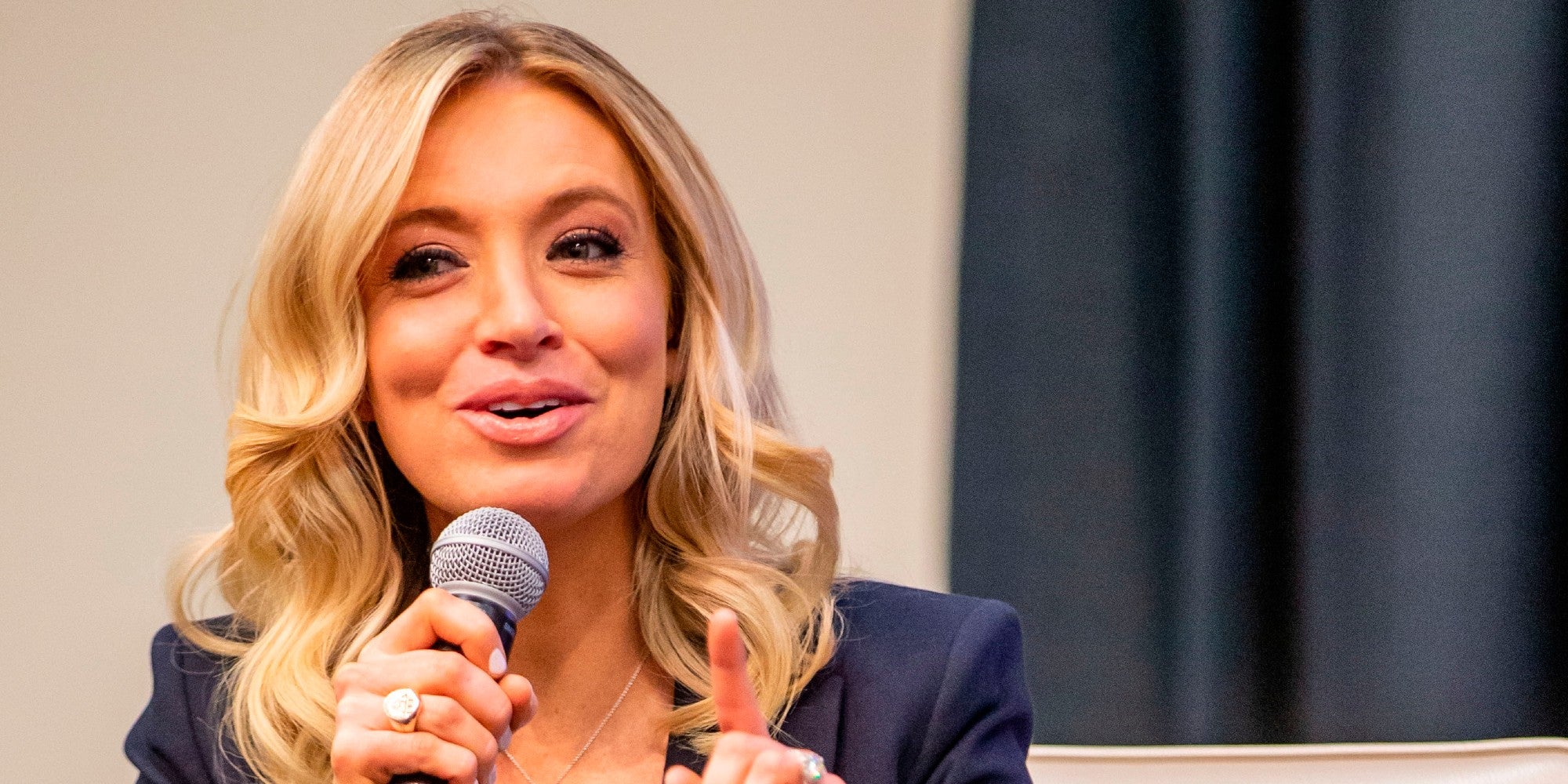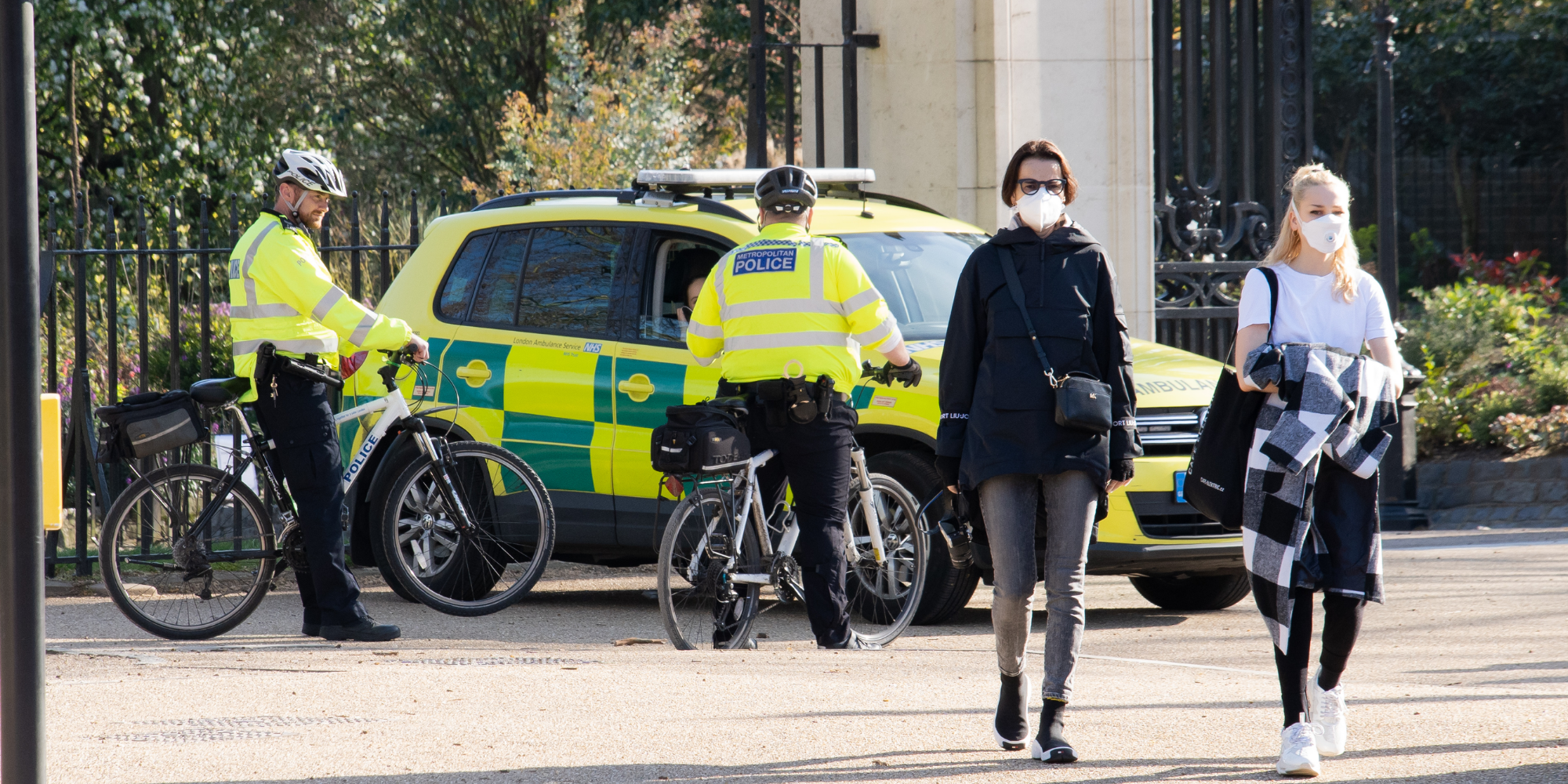Hannah Ellis-Petersen in Delhi, Rebecca Ratcliffe in Bangkok, Sam Cowie in São Paulo,Joe Parkin Daniels in Bogotá and Lily Kuo in Beijing THE GUARDIAN 4/11/2020
The screenshots began to circulate on Delhi WhatsApp groups last week, captioned with varying expressions of disbelief. Having checked the air quality index, something of a sadistic morning ritual among residents of India’s capital, most could not believe their eyes.
Gone was the familiar menacing red banner, indicating how each intake of breath is really just a toxic blast on the lungs, replaced instead by a healthy, cheerful green. Could it really be that Delhi’s pollution levels now fell into the category of … “good”? “It’s positively alpine!” exclaimed one message.
A nationwide lockdown imposed across India almost two weeks ago to stop the spread of the coronavirus – the largest lockdown of its kind attempted anywhere – has led to widespread chaos and suffering, especially among the country’s 300 million poor. Yet in Delhi, the world’s most polluted city, it has also resulted in some of the freshest air the capital has seen in decades.



a large long train on a steel track: An aerial view of empty street on the first day of lockdown in São Paulo, Brazil. Photograph: 3 SLIDES © Provided by The Guardian
An aerial view of empty street on the first day of lockdown in São Paulo, Brazil. Photograph: Reuters
It is a lockdown silver lining being repeated across the world, as toxic megacities such as Bangkok, Beijing, São Paulo and Bogotá, where varying coronavirus restrictions have been imposed, all reported an unprecedented decline in pollution. Yet it is countered with one cruel irony: with most residents of these cities strictly confined to their homes, few have any way to appreciate this newly fresh air, except through an open window or a during speedy trip to the supermarket.
In Delhi, air quality index (AQI) levels are usually a severe 200 on a good day (anything above 25 is deemed unsafe by World Health Organization). During peak pollution periods last year they soared well into a life-threatening 900 and sometimes off the measurable scale. But as Delhi’s 11m registered cars were taken off the roads and factories and construction were ground to a halt, AQI levels have regularly fallen below 20. The skies are suddenly a rare, piercing blue. Even the birdsong seems louder.
Dr Shashi Tharoor, a politician and author who has been vocal on environmental issues, said he hoped that it was a wake-up call. “The blissful sight of blue skies and the joy of breathing clean air provides just the contrast to illustrate what we are doing to ourselves the rest of the time,” said Tharoor. “Today the typical Delhi AQI hovers around 30 and one blissful afternoon, after a spurt of rain, it dropped to 7.”
“Seven,” Tharoor exclaimed again in disbelief. “In Delhi! Pure joy!”.
Tharoor’s sister Smita, who was visiting from London when the lockdown was imposed and found herself stuck in Delhi, was equally effusive. As someone with asthma, she said the city’s air, normally thick with pollution, was usually a health nightmare. But now: “The air is clear, the skies are blue. I see the evening stars with clarity and hear the chirruping of excited birds at this unexpected bonus they have received.”
While India’s powerful car lobby has long disputed that cars are a major cause of Delhi’s pollution, Sunita Narain, director of the Centre for Science and Environment, said the lockdown and resulting rapid drop in pollution showed once and for all just what a polluting role vehicles had in the city.
Narain also stressed that while she wished Delhi was like this “all the time”, adding: “I don’t want people to say ‘Oh, environmentalists are celebrating this lockdown:’ we are not. This is not the solution. But whatever the new normal is post-Covid-19, we have to make sure we take this breath of fresh air and think about the serious efforts we need to deal with pollution in Delhi.”
It is not just Delhi experiencing the clearest skies in years. As pollution dropped to its lowest level in three decades this week this week, residents of Jalandhar in Punjab woke up to an incredible sight in the distance: the Dhauladhar mountain range in Himachal Pradesh. The peaks, which are over 120 miles away, had not been sighted on the Punjab horizon for almost 30 years.
It is the absence of cars on some of the world’s most congested roads that seems to be making the most crucial differences. Thailand’s capital, Bangkok, which only last month had closed schools because the pollution got so bad, has experienced a similar transformation in the air since partial lockdown, mainly due to the fall in road traffic. “We can see quite a big gap between the air quality standard that we have [compared with this time last year],” says Tara Buakamsri, Thailand director for Greenpeace.
But residents of Bangkok lamented how the places to enjoy the fresh air were swiftly disappearing. Playgrounds, sporting grounds and even parks, a rare source of solace in the bustling, intensely urban environs of Bangkok, have all now been shut. “I feel sad for the old people who use the park to hang out and meet friends. I think they will be so sad at home,” said Nantawan Wangudomsuk, 31, a producer who used to run in the parks.
Across South America’s most populous city of São Paulo, ground zero of Brazil’s brewing coronavirus crisis, notorious traffic queues and smoggy horizons are also giving way to calm streets and clearer skies.
During weekday rush-hour, downtown São Paulo’s João Goulart elevated highway – nicknamed Minhocão, the Big Worm – normally heaves with traffic as thousands of cars cram four narrow lanes and beeping motorbikes weave through daringly small spaces. But with the city’s coronavirus lockdown, Minhocão now resembles a small-town avenue instead of a major road in a metropolis of 12 million people.
“The air is certainly better,” said Daniel Guth,an urban mobility consultant. “I’ve felt the improvement in air quality both as a cyclist and as a quarantined citizen,” he laughed. “We should use this as a moment to reflect on what transport methods we should prioritise when this crisis is over.”
Despite being under lockdown, many Paulistas, as the city’s residents are known, are still finding ways to enjoy the cleaner air, taking to windows and apartment balconies for nightly pot-banging protests against Brazil’s far-right President Jair Bolsonaro, who has repeatedly dismissed the coronavirus as just “a little flu”.
Bogotá, the sprawling mountaintop capital of Colombia, is also usually choking with traffic so bad that officials occasionally ban cars for entire days. But since the nationwide coronavirus quarantine took hold on 24 March, exhaust fumes have fallen as the city ground to a halt. Yet the newly fresh air has been taunting Bogotá’s residents, who are allowed to leave home only for food and medicines, not even a daily dose of outdoor exercise. “Without a doubt this pandemic is helping us improve air quality,” said Carolina Urrutia, Bogotá’s district environment secretary. “With the city shut down, we are able to focus our efforts on other environmental factors.”
Cali, Colombia’s third city and usually a smokey, congested metropolis, has also been spared from the usual forest fires, allowing residents to breathe fresher air. “The thick cloud that usually hangs over us has been lifted,” said Christian Camilo Villa, an air quality activist and Cali resident. “The concern is that it will return when the quarantine ends.”
Indeed, the fear among environmentalists and residents is that, rather than attempting to maintain the low levels of pollution in the world’s biggest capitals, when industry and cars kick back into action post-lockdown, the situation will go back to square one, and perhaps even worsen, as people and industry attempt to make up for the lost months.
The signs from China, which is coming out of the other side of the coronavirus outbreak and where lockdowns are loosening up, are not positive. For the first four weeks after the Chinese new year holiday in late January, when the coronavirus outbreak was at its worst, pollution levels fell 25% across the country. But since early March, levels of nitrogen dioxide pollution have begun to inch back up as the country gets back to work with factories, businesses and power plants re-opening and traffic returning.
Lauri Myllyvirta, lead analyst for the Centre for Research on Energy and Clean Air, said: “The big question is whether government stimulus measures lead to pollution levels rebounding above the levels before the crisis, like happened after the 2008 financial crisis.







